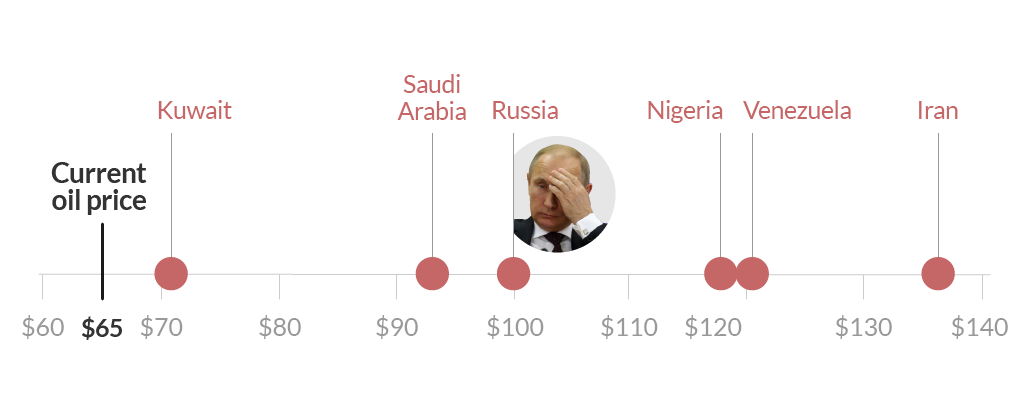Oil futures rose above $71 a barrel yesterday for the first time in seven months, and traded at $71.18 as of 9:14 a.m. on the New York Mercantile Exchange.
OPEC had in the wake of the record oil plunge noted that its revenue had been adversely affected, a development which prompted members countries to set back 35 of the 150 projects due to come on line in the next few years to expand supply. OPEC predicted stronger demand as it decided May 28 in Vienna to keep production quotas unchanged. OPEC agreed at three meetings last year that the 11 members with production quotas would reduce output by 4.2 million barrels a day.
OPEC Secretary General, Abdalla El-Badri , had stated that falling prices of crude oil would not only affect investments in both the upstream and downstream, but will delay future investments.
He raised fears that if the present situation does not change, it will lead to cancellation of future investments and automatically affect oil supply to the market.Following the recent price rally, OPEC at its May 28 meeting agreed to leave outputs at their present levels. Lead producer, Saudi Arabia had predicted that oil prices would likely rise to around $75 a barrel by the end of the year on the back of growing demand in Asia .
OPEC President, Angola ’s Oil Minister, Botelho de Vasconcelos had noted that oil should be between $70 and $75 a barrel to cover the costs of production.OPEC’s Director of Research, Hasan Qabazard , had at an Energy conference a fortnight ago expressed fears that oil prices could fall again because fundamentals were still weak.The OPEC scribe had noted that oil markets were still weak, pointing out that the current price “rally may be unsustainable in the short term because the “rally is driven by funds rather than fundamentals”. However, United States investment bank, Goldman Sachs had stated that a potential economic rebound alongside production cuts by the OPEC could prop up price to $85 a barrel by the end of the year and $95 a barrel by the end of 2010.
TransportGooru Musing:
1. The power of the cartel and its influence in manging the oil prices can only be countered with sustained investments world over in alternative fuel technologies such as electric vehicles ( like in US, Japan and Europe) and hydrogen technology (Norway has a solid lead here).
2. The developing economies are going to have a tougher time in this round compared against the previous years, especially with the recession still showing its strong grip in many countries. Especially, for China and India high oil prices can be crippling as they are battling to out of the recession.
3. Speculative trading in the markets should be reined in (a very hard to execute. Period.
4. Above all, the only real sense of control remaining for ordinary people against this oil mafia is to simply repeat what they did in 2008 – stop driving unless it is really, really necessary. If there is a transit alternative, park the damn car and take the bus or train. Try and find if you have a carpool option available in your city. It might be ridiculous to think about this “shun your car” as an option here. But the secret lies in the “power of one” – as an individual your contribution might be negligible but if done effectively in every community it can make a serious impact.









